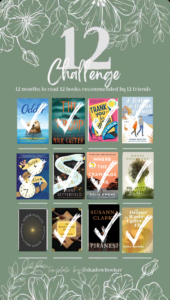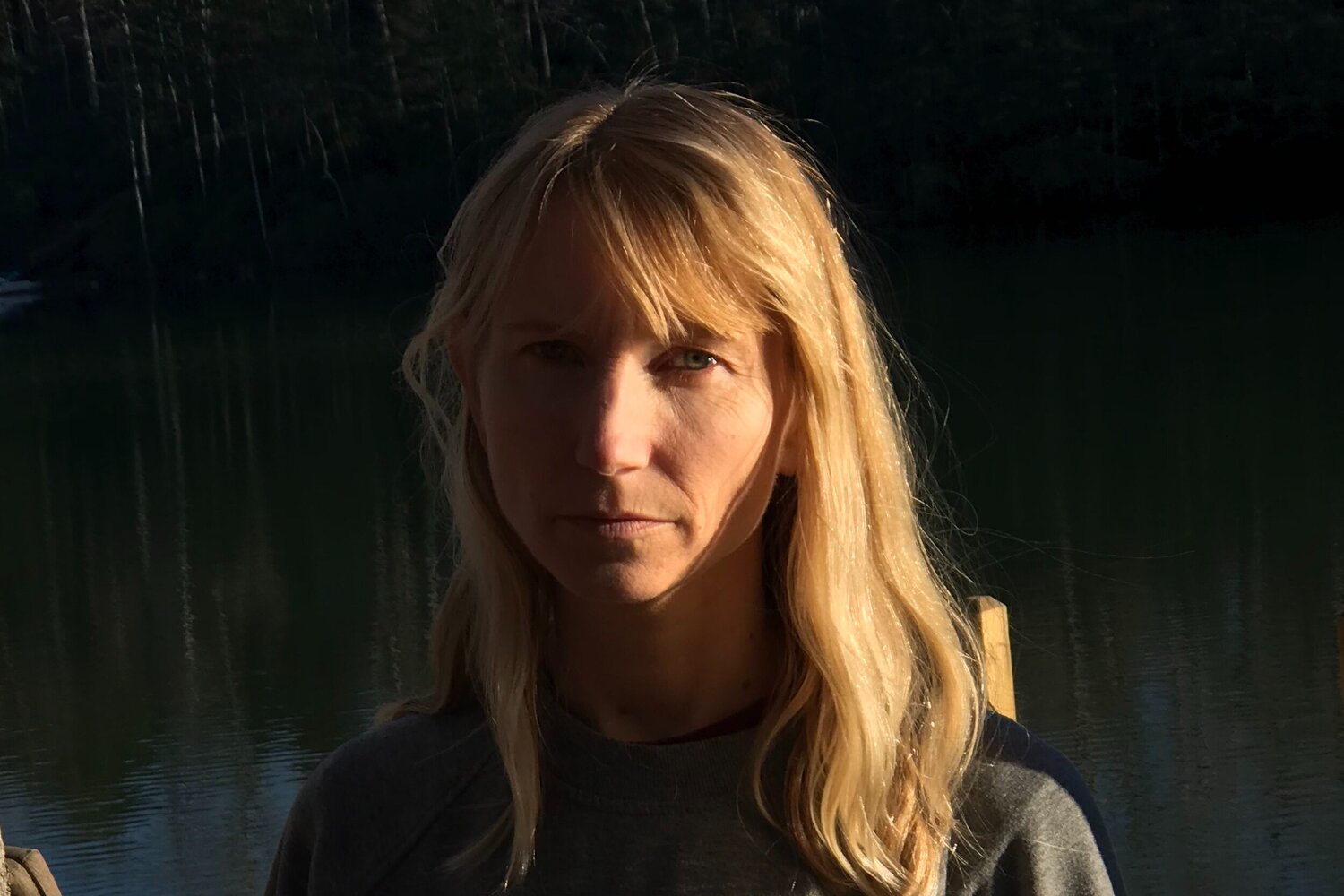
Hardcover, 272 pgs.
I am an Amazon Affiliate
Piranesi by Susanna Clarke, is my 11th book for the 12 books recommended by 12 friends reading challenge, is a novel written with Greek mythology at its base, particularly the labyrinth and its connection to madness or mental health. In Clarke’s novel, Piranesi is given his name by the Other, the only other living person in the House, which is packed with giant statues and a maze of halls — some of which are flooded or partially flooded. From time to time, the main character is visited by birds and he fishes in certain halls for food when the tides are high. He’s a recordkeeper, tracking what’s in each hall and the tides. The Other, however, seems to have access to real-world supplies and knowledge, but relies on Piranesi to map the House for him as he continues his search for the secret knowledge.
This is a mysterious tale with slow reveals, and while clues are dropped along the way, readers may find they, too, are duped by the labyrinth. Who are these mysterious people and how do they have knowledge of the real world if they have only ever lived in the House. What is the point of all this record keeping and traipsing back and forth if there are only two people alive here? Why can they not simply live in one place together and be a society unto themselves? It is clear the relationship is not reciprocal and is lopsided in the power dynamic from the beginning.
The start of this book left a lot to be desired. It was a slow narrative that left me bored initially. I wasn’t interested in the characters for about 40 pages. However, once I got past that point, I started noticing some kernels of how this world was not necessarily real but an amalgamation of things from the real world and that it was not a post-apocalyptic world like I initially thought. Piranesi is the main protagonist and because he doesn’t initially have all of the information needed to unravel this House and its mysteries, neither does the reader. This can be tiresome, but ultimately, the novel revealed itself through a series of events and the dynamic with the Other was more intriguing and less sterile.
Piranesi by Susanna Clarke is a book that can try your patience and it was not a beach read, which is what I was looking for last week. However, it was interesting to unravel the secrets of the labyrinth. It was more satisfying than I thought at the beginning. I’d recommend this for readers who like to think outside the box and who like mysteries where you are unraveling them with the protagonist.
RATING: Quatrain
About the Author:
She returned to England in 1992 and spent the rest of that year in County Durham, in a house that looked out over the North Sea. There she began working on her first novel, Jonathan Strange & Mr Norrell. She lives in Cambridge with her partner, the novelist and reviewer Colin Greenland.






 About the Poet:
About the Poet:






 About the Poet:
About the Poet:






